The primary duty of a notary public is to verify the identities of each signer on a document. This is done to protect against fraudulent acts that may otherwise void the notarized document. The notary public typically requests each signer to provide identification that verifies their identity. If the client fails to provide an acceptable form of identification, the notary public is legally obligated to refuse the service. So, what’s considered an “acceptable” form of identification when seeking the services of a notary public?
The job of a notary public may seem easy enough, but they are responsible for performing several crucial duties to ensure the document’s execution is performed correctly and according to federal and state laws. These duties include verifying the signer’s identify and ensuring the document is signed without coercion.
Identification required for notarial services are the same for all 50 states, allowing the use of driver’s licenses, state ID cards, etc., but prohibiting the use of school ID cards, birth certificates, and similar forms of identification. Clients seeking notarial services must bring at least one form of accepted identification.
Accepted forms of identification for having notarial services performed include the following:
- State-issued driver’s license
- State-issued identification card
- U.S. military identification card
- Resident alien identification card (green card)
- U.S. passport
Unaccepted forms of identification may include the following:
- Birth certificates
- Social security cards
- School identification cards
- Credit cards
- Debit cards
If you are unable to obtain an acceptable form of identification, you may be able to verify your identify to the notary public through a credible witness. A credible witness is a person who knows the signer of the document and can vouch for his or her identity. It’s important to note that not all states allow the use of credible witness to verify a signer’s identify.
But a signer can’t use a credible witness for the sake of convenience. If a signer accidentally left his or her driver’s license at home, for instance, they can’t let a friend or family member vouch for their identify. The only time when a credible witness is allowed is when the signer has no form of acceptable identification, and the signer can not reasonably obtain an acceptable form of identification.
Credible witnesses are required to sign an affidavit which states:
- The signer of the document is known to the credible witness.
- The credible witness believes the signer of the document does not possess an acceptable form of identification.
- The credible witness believes the signer of the document is reasonably unable to obtain an acceptable form of identification.
- The credible witness has no financial interest or incentive for the document’s execution.
Checking and verifying the signer’s identify is critical step in performing a notarial service. Some people may view it as a nuisance, but it’s performed to safeguard against fraud. So the next time you need a document notarized, remember to bring one of the accepted forms of identification mentioned above.
Conclusion
Notary publics and loan signing agents are a crucial backbone to thousands of companies and individuals across the country. So whether you’re taking out a loan for your house or need to notarize an important medical document, you’ll need access to a notary or LSA.
The good news is that you can find the right person for the job at TN Notary & Professional Services. Best of all? Our certified agents will come to you—anytime, anywhere. They’ll also arrive prepared with your documents and even ship them out for you if necessary.
So next time, skip waiting in line at your local government office or bank and book with us today!

